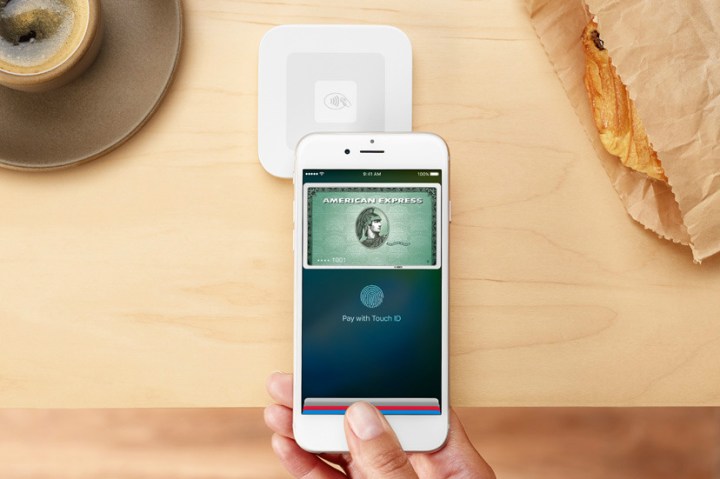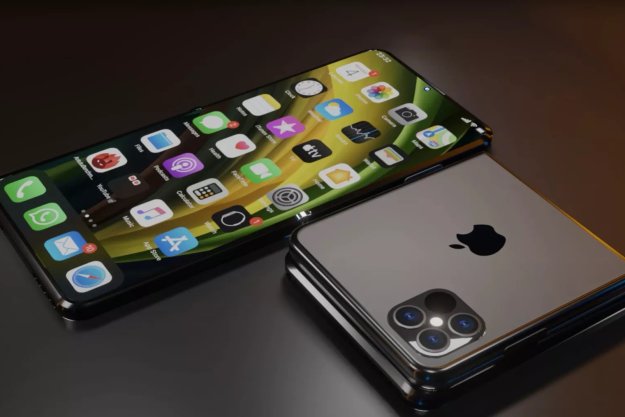
In an earnings call with media and investors Tuesday, Apple CEO Tim Cook said Apple Pay user numbers jumped 450 percent last month from a year earlier, but as usual the company is mum on the total number of users.
With the service currently available in nine countries, Cook says adoption has been “explosive,” and more than half of “transaction volume [is] now coming from non-U.S. markets.” In the U.S., there are now 3 million retail locations that accept Apple Pay.
Apple Pay essentially lets you add your credit card to the app so you can tap and pay via NFC terminals at registers in retail stores, or through supported apps. It’s currently available in the U.S., the U.K., Switzerland, China, Australia, Canada, France, Singapore, and Hong Kong. Apple Pay will continue to grow as the Cupertino, California-based company brings the service to more countries, such as Spain.
Apple said it’s launching the service on Macs this fall when MacOS Sierra and iOS 10 are released, and it will also come to the web as a PayPal competitor.
The company’s rivals, Android Pay from Google and Samsung Pay, are also aggressively expanding to non-U.S. markets. Android Pay arrived in the U.K., Singapore, and Australia this year, and Samsung Pay, which is limited to Samsung’s devices, recently launched in Brazil, in addition to South Korea, the U.S., China, and Spain.
Editors' Recommendations
- Samsung just launched a $400 phone in the U.S., and it looks great
- A surprise phone just beat the Galaxy S24 Ultra in a big way
- Apple boss Tim Cook launches charm offensive in vital market
- The top 7 bestselling phones of 2023 were all … you guessed it
- Why I ditched my iPhone 15 Pro for the Samsung Galaxy S24 Ultra


